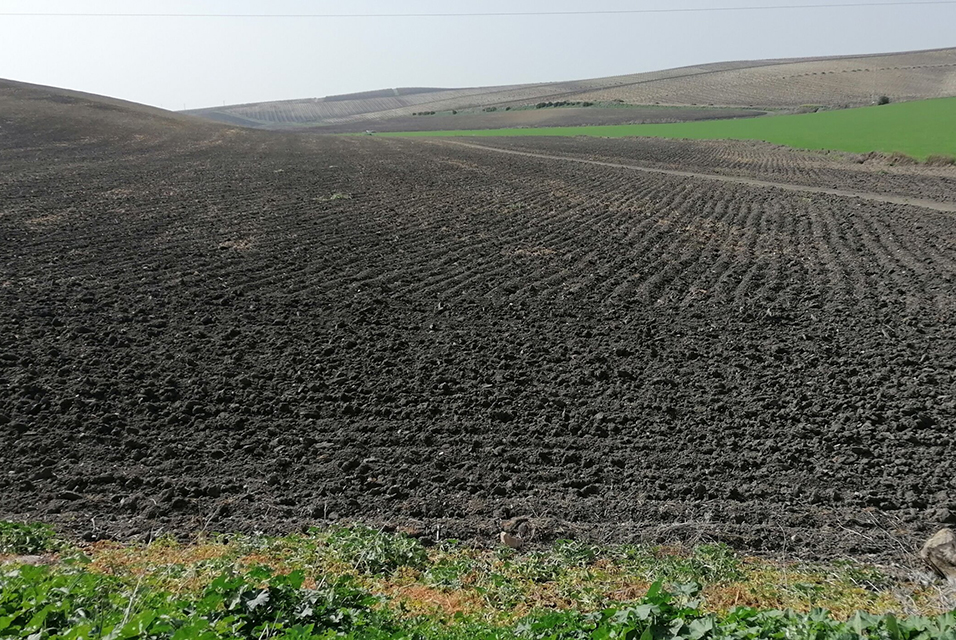JENA.- According to a study recently published in Nature, microorganisms play a key role in soil carbon storage. The study, conducted by an international team of scientists including researchers from the
Max Planck Institute for Biogeochemistry in Jena, reveals that microbial carbon use efficiency is at least four times more influential than other biological or environmental factors when it comes to global soil carbon storage and distribution. The study's result has implications for improving soil health and mitigating climate change.
Soils serve as crucial carbon sinks in the battle against climate change, storing more carbon than any other terrestrial ecosystem and three times more than the atmosphere. However, the processes involved in soil carbon storage have not been well understood. While microorganisms have long been recognized as important contributors to the accumulation and loss of soil organic carbon (SOC), the specific contributions of different biological and environmental processes have remained largely unknown.
The study, titled "Microbial Carbon Use Efficiency Promotes Global Soil Carbon Storage," and published on May 24 in Nature, employed a novel approach to quantifying the processes that determine soil carbon dynamics. The international research team comprehensively explored the relationship between carbon use efficiency, SOC preservation, and various factors such as climate, vegetation, and soil properties. The study represents the first successful integration of global-scale datasets, a microbial-process explicit model, data assimilation, deep learning, and meta-analysis to examine this relationship.
Microbial carbon use efficiency (CUE) measures the proportion of carbon used by microbes for growth versus metabolism. When carbon is used for microbial growth, it becomes incorporated into microbial cells, which supports its storage in the soil. Conversely, when carbon is used for metabolism, it is released into the air as carbon dioxide, acting as a greenhouse gas. The study emphasizes that microbial growth is more crucial than metabolism in determining the amount of carbon stored in the soil.
"We found that microbial carbon use efficiency is the most significant factor in soil carbon storage," says Feng Tao, the study's first author and recent visiting Ph.D. student at the Max Planck Institute for Biogeochemistry, Jena, under the guidance of Prof. Markus Reichstein's department.
While soil carbon dynamics have been studied since many years, previous research focused primarily on individual processes, such as the input of carbon from leaf litter and roots or the release of carbon dioxide into the air during organic matter decomposition. "The study shows the importance of microbial traits for carbon cycles and applies a novel strategy, which we proposed a few years ago, for their estimation," explains Markus Reichstein, co-author of the study and Director at the Max Planck Institute for Biogeochemistry.
These new insights highlight the need for further studies on methods to enhance soil carbon sequestration by microbes, the influence of different types of microbes and substrates on soil carbon storage, and on farm management practices. Understanding the microbial processes underlying carbon use efficiency and their dependence on environmental factors can aid in predicting SOC feedbacks in response to a changing climate.









